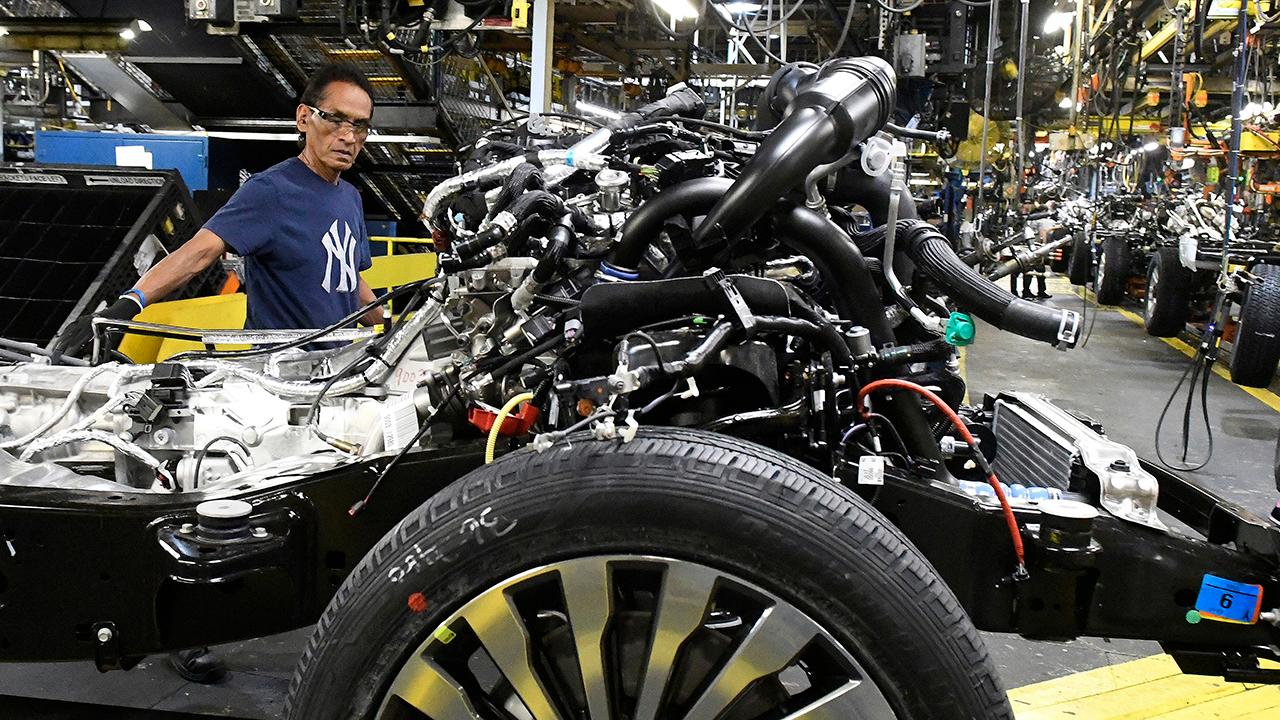Despite strong job market, age discrimination still exists, survey says
While the war for talent intensifies as many employers continue to fight to recruit in one of the strongest job markets since the mid-1960s, many workers over the age of 45 say age discrimination is prevalent in today’s society.
According to a new national AARP survey of adults over the age of 45, 61% of respondents say they have either seen or experienced age discrimination in the workplace, while 38% of those believe the practice is “very common.”
Of those surveyed, older women, African-Americans, Hispanics and those who are currently unemployed say they were more likely to feel prejudicial treatment.
“While employment trends for older workers are favorable, with 27.9% of 55-plus workers suffering long-term unemployment compared to 18.1% of 16-54 workers, the long-term unemployment disparity suggests that entrenched age-bias still exists too often in the workplace,” Susan Weinstock, AARP’s vice president of financial resilience, said.
According to government data, workforce participation rates for older workers today exceeds participation before the Great Recession, while younger worker participation is below pre-recession numbers. By 2022, AARP says that nearly 35% of workers will be the age 50 or older.
Still, according to workers, there is a need to strengthen laws surrounding age discrimination that was enacted in 1967.
More than 90% of older Americans surveyed said they would support strengthening laws, with 59% saying they would strongly support a change, while 32% say they “somewhat agree” with laws being changed.
And, more than half of older workers who have either seen or experienced the unjust treatment at their jobs say they believe it starts when workers are in their 50s. For about one-quarter of those, age discrimination is described as hearing negative remarks related to their older age from a colleague or supervisor, while 16% cited not getting hired for a job they applied for because of their age. Meanwhile, 12% said age was the reason why they were overlooked by an employer for a promotion or another chance to get ahead.
Yet despite the concerns, only 3% have ever made an official complaint about it to superiors or human resources.
But AARP says given the current job climate, many experienced workers have the opportunity to be judged on their merits, rather than their age.
“With rich work histories, varied experiences and expertise, older workers want to work, they’re ready to work, and they need to work,” Weinstock added.
Since 2013, AARP launched an employer pledge for companies who hire workers on ability, regardless of age. Over the last five years, 650 employers have signed up.




















